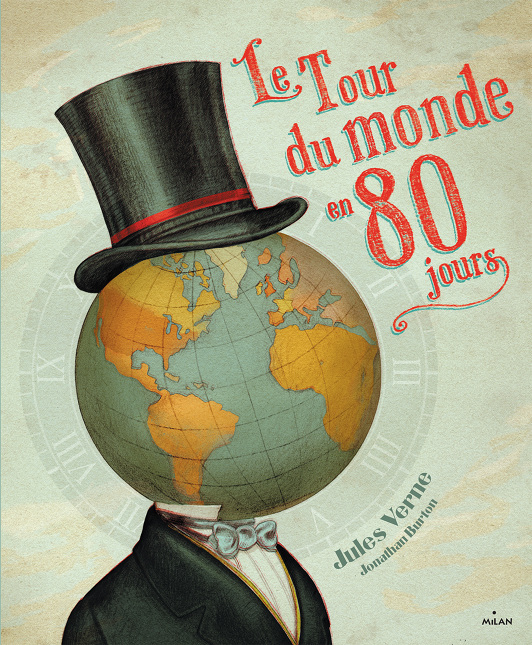Something happens when we listen to our students--we learn.
Donald Graves' Children Want to Write (edited by Thomas Newkirk and Penny Kittle) is a book that has become a tangible part of my growth as a teacher. Graves' fingerprints are all over my classroom and my practice.
Mostly, I read him. Now, that I am podcasting with my students, I hear him.
When we podcast, we talk about writing and reading. When asked, "Do you see yourself as writers?" the students seem to nudge the conversation from "kind of, sort of" to when they absolutely did see themselves as writers. They prefer to talk about when they used to see themselves as writers. The answer I hear more than any other is "third grade." Boys. Girls. They say, "third grade." Those who do not say "third grade," say "elementary school."
I'm still waiting for a student to say "middle school."
In trying to get to the bottom of what makes a student believe he or she is a writer, I am learning that encouragement is the foundation, and that correction, testing, homework, and stress (their words) are the wrecking balls.
For example, Cass told me a teacher in elementary school rescued a piece of her writing from the recycling bin. Then, the teacher encouraged her to continue with it and to share it with others. That act made Cass believe she was a writer. I wish you could have seen her smile as shared that memory with me.
Em shared that her elementary teachers continually told her that she was advanced as a writer, that she was using techniques and tools naturally. By the way, Em was also a reader.
 |
| Credit: Irma Nazario Muniz |
Their stories are all beautiful and they all share several common threads. They all saw themselves as writers because they were encouraged to. The students now struggle with seeing themselves as writers in middle school. They hesitate. They best they offer to my question is an unconvincing, limp, "sort of" or "sometimes."
When asked what is wrong, what happened, what is the difference, do you know what they report?
Stress. Homework. Tests. Grades. Correctness. An emphasis on errors. Their words, not mine.
Most actually acknowledge that school should be challenging. They agree that they need to be pushed, to be asked to perform more complex tasks. I find that most want to learn and want to grow.
But at what cost, when they all admit to stress.? They are 11, 12, and 13 years of age. Without strong, active, passionate mentors around them, writing literally disappears from their lives. There isn't enough writing in a curriculum. Furthermore, when the writing in a curriculum contributes to sucking the love out of writing--something is wrong. Dramatically wrong.
We don't own their writing lives, yet we act in ways that mitigates any future shot of these kids writing for themselves. Instead, they learn to write for the teacher or the test. They learn that writing is a task to be completed. For a score. And when the writing is done. It is literally done.
As I talk to more students, they specifically use the word love in the past tense...loved...when they talk about writing. And, they don't even realize they are saying it that way. But I hear it. I hear the past tense.
"I loved writing when I was a child,"
"Especially in third grade. All I wanted to be was a writer."
I fear that the loss of wanting to write, the loss of loving writing, is a loss in wanting to think, a loss in loving thinking...a loss of problem solving...a loss of creating. The very weaknesses pointed out to us from the pundits and critics come as a result of the pressure to change...the pressure to score...the pressure to be measured with tools that do not inspire growth. They inspire endpoints. And that is sad.
When we drive our kids to a finish line, we send a message that the exercise is done. Over. You finished in x place and you are an x writer. Yes, I see the humor in the sound...ex-writer.
Each time I hear my kids speak about writing in the past tense, it genuinely makes me sad. However, I know I can change the tense of the conversation.
I can encourage my students, yes. By writing and talking and listening.
And I can encourage teachers and parents. By writing and talking and listening.
Not everyone is going to embrace my words. Not everyone is going to be interested or understand. Admittedly, I did not fully understand until I started talking with and listening to my students. Before that could happen, however, I needed to create the conditions for understanding--I needed to become a teacher who writes. Are you a teacher who writes? If so, good! Are your colleagues? Help them. Encourage them...and not just the English teachers. All of this, of course, is designed to help more adults encourage students. It strikes me that some of the conditions of education actually discourage learning and growth.
How can we stand idly by and watch that continue to happen?
I encourage you to listen to my podcast The Classroom for ideas as to how you might start talking with your kids as well. If you do, share your discoveries and connections. We all need to encourage and learn from one another.
You can, and I can, encourage others by doing. By being a writer with our kids...and by being a writer for our kids. Using our writing to advocate for our students, and my writing today is one model of one type of contribution that we can all make.
Sharing our conversations through blogs, publishing with professional journals, or taking the leap and publishing our own podcasts are contributions. Inviting others into the conversation is another model. We have all heard some variation of the observation that life is defined by what happens to us, but by what we do about it. So, what are we going to do about it?
I'm going to continue to write and talk and listen.
And I'm going to encourage my kids to remember the past and to change the tense of their words--and mean it. My goal is to hear my kids tell me by the end of the year that they love writing again, that they see themselves as writers because they are treated as writers...that they feel encouraged.
So, what can you do to modify the past tense in your kids? What can you do to help them rewrite the present and future tenses of our words?








